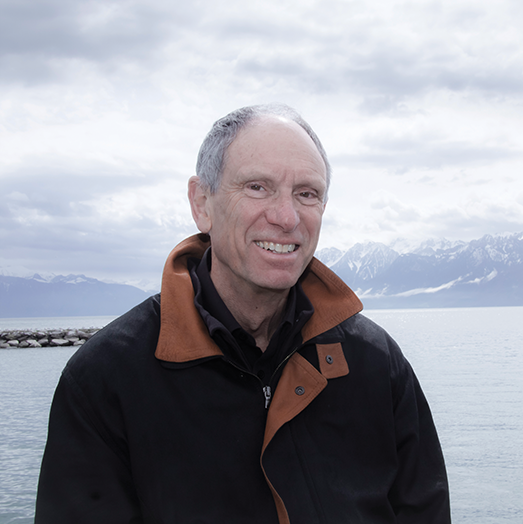Mindfulness is the key to the present moment. Without it we cannot see the world clearly, and we simply stay lost in the wanderings of our minds. Tulku Urgyen, a great Tibetan Dzogchen master of the last century, said, “There is one thing we always need, and that is the watchman named mindfulness—the guard who is always on the lookout for when we get carried away by mindlessness.”
Mindfulness is the quality and power of mind that is deeply aware of what’s happening—without commentary and without interference. It is like a mirror that simply reflects whatever comes before it. It serves us in the humblest ways, keeping us connected to brushing our teeth or having a cup of tea.
Mindfulness also keeps us connected to the people around us, so we don’t just rush by them in the busyness of our lives. The Dalai Lama is an example of someone who beautifully embodies this quality of caring attention. After one conference in Arizona, His Holiness requested that all the employees of the hotel gather in the lobby, so that he could greet each one of them before he left for his next engagement.
Mindfulness is the basis for wise action. When we see clearly what is happening in the moment, wisdom can direct our choices and actions, rather than old habits simply playing out our patterns of conditioning. And on the highest level, the Buddha spoke of mindfulness as the direct path to enlightenment: “This is the direct path for the purification of beings, for the overcoming of sorrow and lamentation, for the disappearing of pain and grief, for the attainment of the Way, for the realization of nirvana.”
I began to practice meditation when I was in the Peace Corps in Thailand. At the time I was very enthusiastic about philosophical discussion. When I first went to visit Buddhist monks, I arrived with a copy of Spinoza’s Ethics in my hand, thinking to engage them in debate. Then I started going to discussion groups for Westerners, held at one of the temples in Bangkok. I was so persistent in my questions that other people actually stopped coming to the groups. Finally, perhaps out of desperation, one of the monks said, “Why don’t you start meditating?”
I didn’t know anything about meditation at the time, and I became excited by the prospect of what I saw as an exotic Eastern practice. I gathered all the paraphernalia together, sat myself down on a cushion—and then set my alarm clock for five minutes. Surprisingly, something important happened even in those few minutes. For the first time, I realized there was a way to look inward: there was a path for exploring the nature of my mind.
This realization is a turning point in everyone’s spiritual life. We reach a certain point in our lives when something connects, and we acknowledge to ourselves, “Yes, I can do this.” All of this was so new and interesting to me that, for a while, I’d invite my friends over to watch me meditate. Of course, they didn’t often come back.
We can start the practice of mindfulness meditation with the simple observation and feeling of each breath. Breathing in, we know we’re breathing in; breathing out, we know we’re breathing out. It’s very simple, but not easy.
Joseph Goldstein is one of the first American Vipassana teachers and co-founder of the Insight Meditation Society with Jack Kornfield and Sharon Salzberg. He is also author of numerous books on Buddhism







